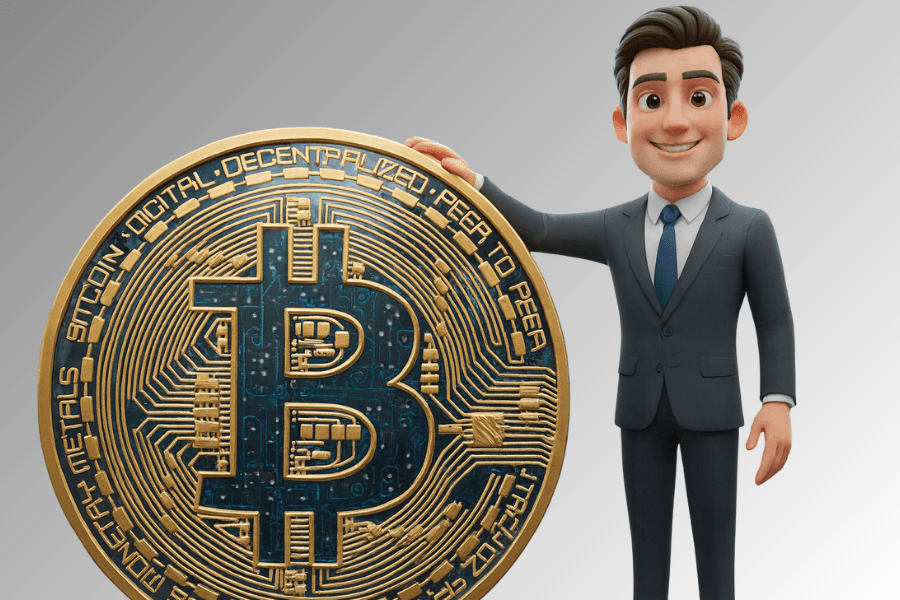
Cryptocurrency in 2025: Bitcoin Explained & Is It Worth It?
A personal and insightful guide to cryptocurrency in 2025. Learn the history of Bitcoin, blockchain explained simply, positives and negatives of crypto, and whether investing is worth it.
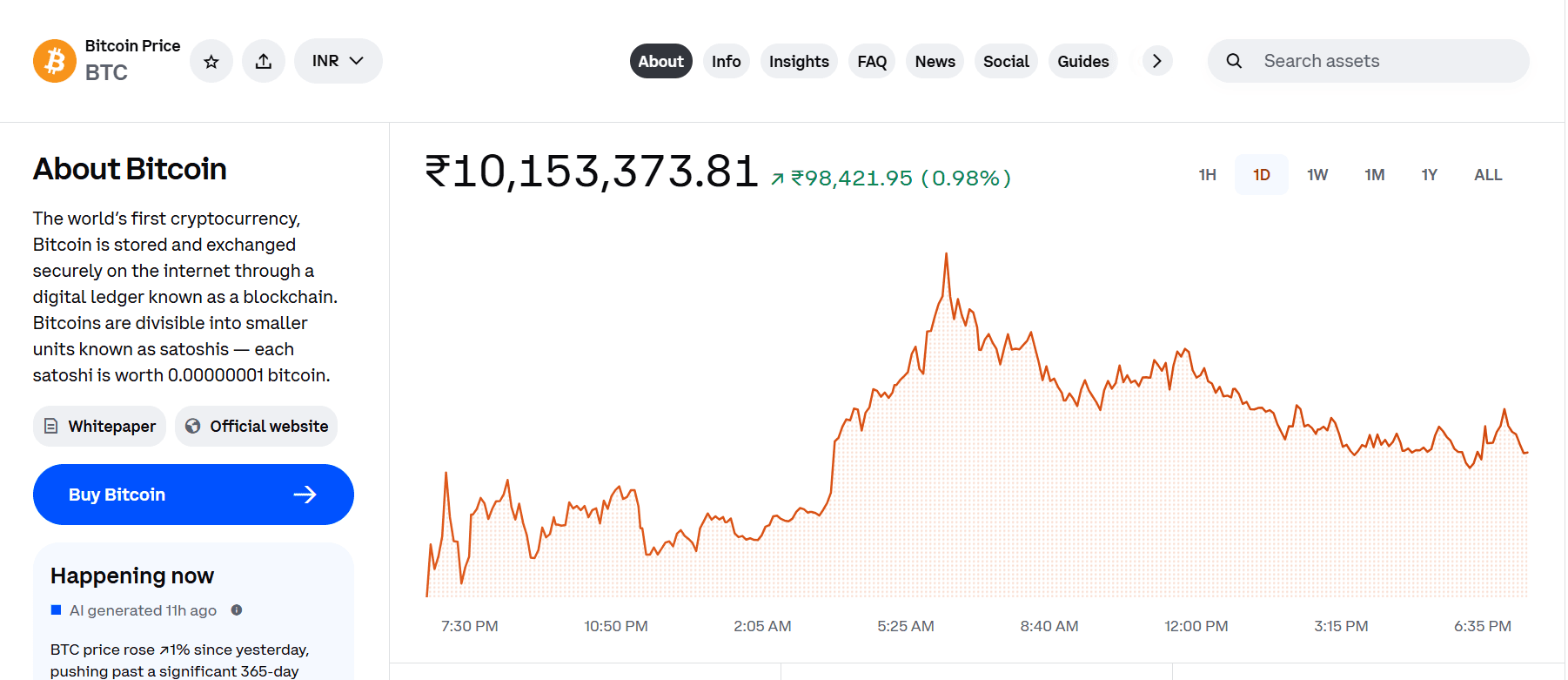
Today, I’m talking about cryptocurrency. And as I write this, the price of Bitcoin is $114,004.51.
If you’re here, you probably already know a little about crypto — or you’re curious to start. Either way, let’s rewind to the beginning.
The Origin of Cryptocurrency
The first cryptocurrency was created by Satoshi Nakamoto — a pseudonym for an unknown person or group — on January 3, 2009, when Bitcoin software was released.
It emerged after the 2008 financial crisis, caused by reckless speculation in the U.S. housing market. People believed property prices would never fall — until they did.
Satoshi introduced Bitcoin as a decentralized digital currency, free from banks or governments. It gave people direct control over money for the first time in history.
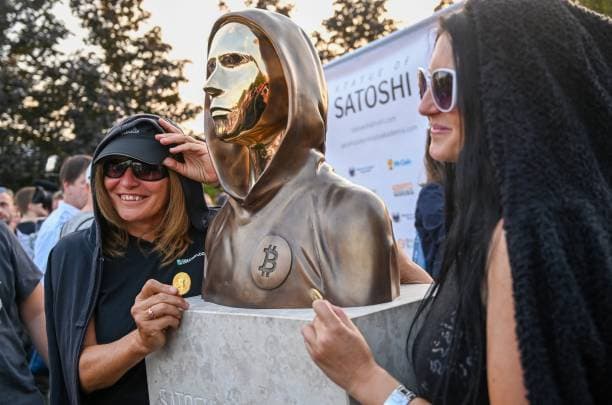
Bitcoin in 2025
Fast forward to 2025:
- Bitcoin recently touched an all-time high of $124,474.
- What began as an experiment has become a global financial revolution.
A system with no boundaries, equal fees for everyone, and fully transparent transactions is now shaping the future of money.
My Introduction to Bitcoin
Let me share my first encounter.
It was March 2020, during my second year of college. The world was locked down. My friend casually said:
Do you know Bitcoin just hit $60K?
I Googled: “What is Bitcoin?” Ten minutes later, I was convinced and immediately searched: “How to trade cryptocurrency?”
That moment changed everything.
As a broke college student, the idea of earning from crypto hooked me. And since then, I’ve barely spoken badly about it — because unlike banks (which I hate), Bitcoin feels like freedom.
Of course, I also lost money. In fact, I lost more in crypto than in stocks. But every failure gave me lessons. Between 2020 and 2025, I’ve seen Bitcoin crash, recover, skyrocket, and repeat.
What Is Blockchain? (Simple Explanation)
At the heart of cryptocurrency lies blockchain technology.
Think of it as a digital ledger that records every transaction in “blocks,” connected in a chain.
✅ Decentralized → stored across thousands of computers.
✅ Transparent → everyone on the network sees the transactions.
✅ Secure → altering one record requires altering them all, which is nearly impossible.
If Bitcoin is the iPhone of crypto, Ethereum is Samsung, and the smaller coins are MI, Vivo, or OnePlus — inspired but not the same.
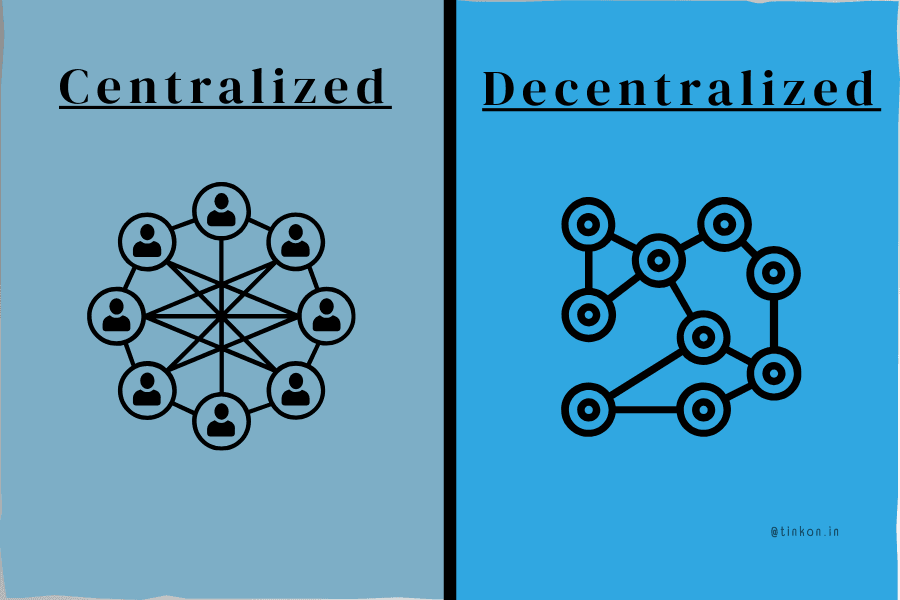
What Is Crypto Mining?
Mining sounds complex, but here’s the simple truth:
Mining = creating new blocks of code that keep the blockchain alive.
Because these codes are extremely complex, mining requires:
- Huge computing power
- High electricity consumption
You can’t just mine Bitcoin on your laptop. It takes specialized computers working 24/7.
Miners are rewarded in two ways:
- Bitcoin rewards for solving new blocks
- Transaction fees cut from every exchange
This ensures Bitcoin remains decentralized and self-sustaining.
Pros of Cryptocurrency
- Decentralized – not controlled by governments or banks.
- Borderless – Bitcoin has the same value worldwide.
- Transparent & Secure – every transaction is verifiable.
- Indestructible – once owned, your Bitcoin cannot disappear.
- Future-Proof – works even if banks or governments collapse.
- Low Fees – only small transaction charges.
- 24/7 Access – unlike banks, crypto never shuts down.
Cons of Cryptocurrency
- Government Power Loss – they dislike not being in control.
- High Taxes – in India, crypto trades are taxed at 30%.
- Terrorism Concerns – borderless money can be misused.
- Volatility – crypto can rise or crash within days.
- Skepticism – many still doubt decentralized systems long-term.
Is Cryptocurrency Worth It in 2025?
For me, the answer is yes.
When banks collapse or countries fail, Bitcoin still works.
All you need is a hardware wallet (ledger) — like a secure pendrive with fingerprint or password protection.
Even if stolen, no one can access your Bitcoin without the unique keys.
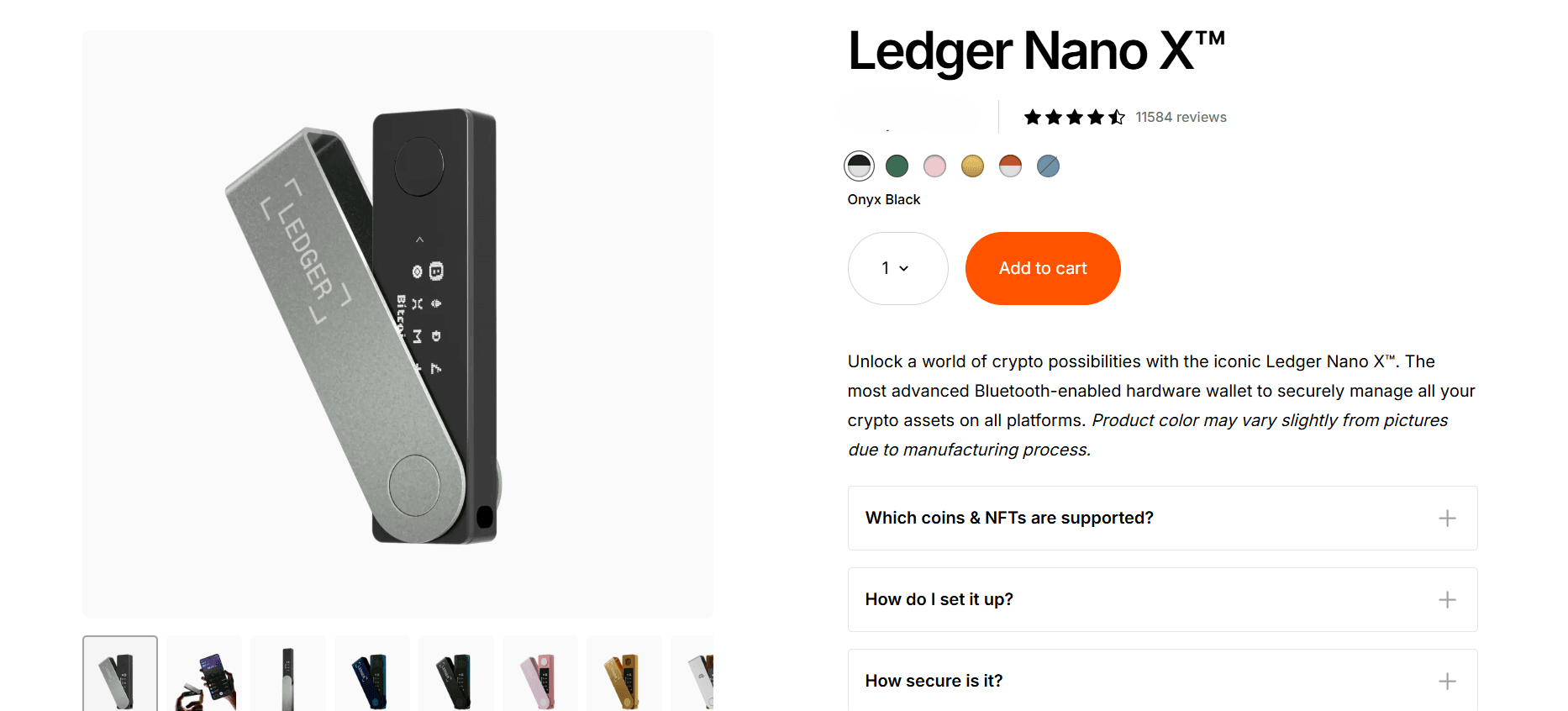
Blockchain Beyond Currency
Crypto is not just about money. Blockchain is powering:
- Web3 projects
- NFTs
- In-game purchases like gems, skins, and weapons
The cycle repeats every year:
- Bitcoin crashes → media and investors call it fake.
- Bitcoin rises → the same people buy in and call it the future.
Lesson: panic hurts normal people, patience rewards believers.
How to Start with Bitcoin
Starting is simple:
- Create an account on a trusted crypto exchange.
- Don’t keep all funds in apps — store long-term crypto in a hardware wallet.
- Invest small, learn, and grow gradually.
Every transaction in Bitcoin is backed by Proof-of-Work (PoW) or Proof-of-Stake (PoS).
This ensures:
- Transactions are permanently recorded.
- Unique codes prevent duplication or fraud.
- Verification happens automatically across thousands of computers.
My Take in 2025
Governments will keep trying to control crypto — through bans, taxes, and surveillance. I don’t trust banks anymore; they profit from our money without asking.
But Bitcoin? It’s different. It will last as long as computers exist.
Big companies like Binance, Coinbase, Tesla, and even governments are invested. This is not a scam.
👉 My advice: Start with Bitcoin. Learn, fail, adapt, and grow.
Because what Satoshi Nakamoto gave the world is not just a currency — it’s a revolution.
Satoshi Nakamoto's first block sent to coinbase.
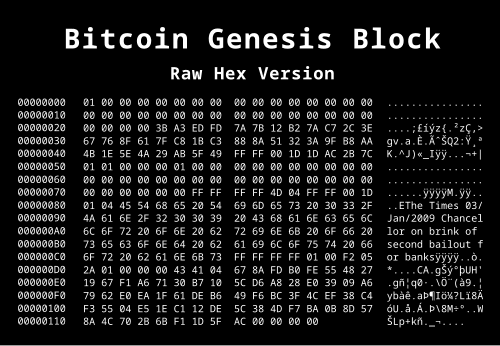
And speaking of Satoshi: his untouched wallet holds 1.1 million Bitcoins, worth nearly $135 billion at today’s price. He may be the richest ghost in history.
Final Thoughts
Is cryptocurrency worth it?
Yes — but only if you understand the risks, respect the volatility, and invest wisely.
Because in the end, this isn’t just about money.
It’s about freedom.

Tushar Panchal
Introvert and lifelong brainstormer from Haryana. I write about whatever comes to mind.
Read more about me →